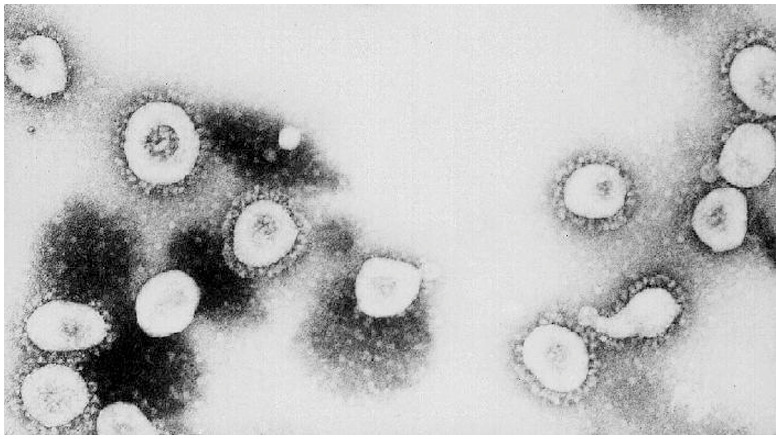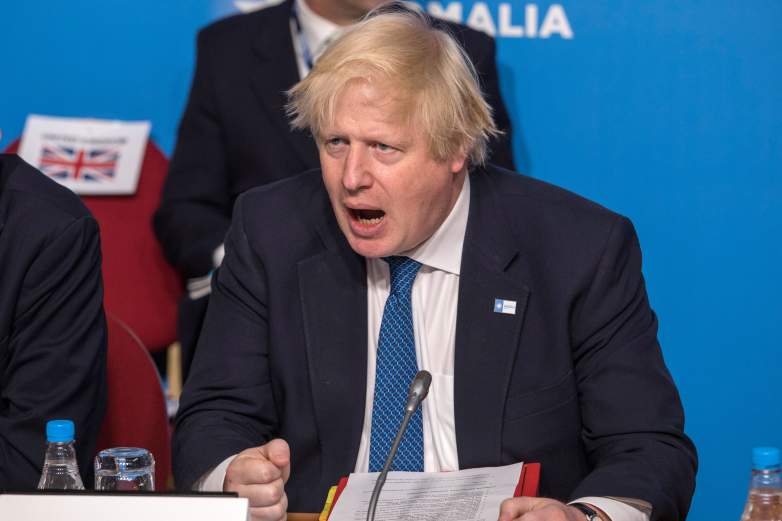
Getty What is the coronavirus delay phase?
New phrases are making their way into our vocabulary with the arrival of the coronavirus (COVID-19) on the world stage. One term you may be hearing a lot is the coronavirus delay phase. What is it? What does that mean?
According to ITV, the coronavirus delay phase is the “second of a four-fold plan against Covid-19” that is being utilized in the United Kingdom.
First comes the containment phase. Then comes the delay phase. As ITV explains, “The aim of this phase is to slow the spread of the virus, reducing the impact and pushing it away from the winter season.” That’s because the UK government believes that it’s advantageous if the height of the outbreak happens in warmer months when it won’t be coinciding with winter flu.
Here’s what you need to know:
The British Prime Minister Escalated the UK Response to the Delay Phase

Boris Johnson.
Prime Minister Boris Johnson announced on March 12, 2020 that the UK was moving from the containment phase to the delay phase. In escalating the UK’s plan to step two, Johnson indicated that coronavirus was “the worst public health crisis in a generation,” according to Sky News, and he said, “many more families are going to lose loved ones before their time.”
The government’s planning document, according to The Sun, reads, “The delay phase also buys time for the testing of drugs and initial development of vaccines and/or improved therapies or tests to help reduce the impact of the disease.” It involves more people working remotely, and the avoidance of large gatherings. Many of these tactics are also in play in the United States.
According to Sky News, the first phase, containment, means “trying to catch cases early and trace all contacts to avoid the spread of the disease.” Telegraph reported that delay phase means the usage of “social distancing techniques” to slow the spread of the virus. The news site reported that moving to the delay phase is a sign that the British government believes “widespread exposure is inevitable.”
As part of the delay phase, according to Sky News, people with symptoms must remain home for seven days, school study abroad trips are being cancelled and elderly people with serious medical conditions are advised to avoid cruises.
The final two phases are the research phase which focuses on treatment and, finally, the mitigation phase, where the virus is widespread.
According to The Sun, the government’s plan did note: “The majority of people with Covid-19 have recovered without the need for any specific treatment, as is the case for the common cold or seasonal flu. We expect that the vast majority of cases will best be managed at home, as with seasonal colds and flu.”
According to the Centers for Disease Control and Prevention, “The virus is thought to spread mainly from person-to-person.
Between people who are in close contact with one another (within about 6 feet).
Through respiratory droplets produced when an infected person coughs or sneezes.
These droplets can land in the mouths or noses of people who are nearby or possibly be inhaled into the lungs.”
CDC adds: “People are thought to be most contagious when they are most symptomatic (the sickest). Some spread might be possible before people show symptoms; there have been reports of this occurring with this new coronavirus, but this is not thought to be the main way the virus spreads.”
READ NEXT: Can You Get Coronavirus From Money?